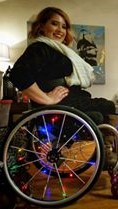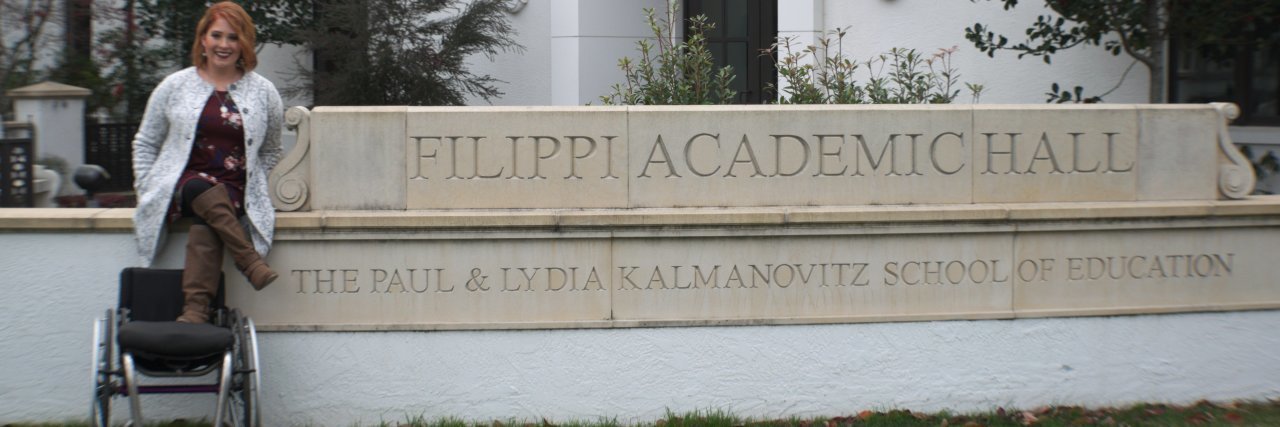Every year during the last week of December, it seems as though there are two types of people. There are those who are relentlessly optimistic, always on a path to bettering themselves. This type of person is one who always makes a New Year’s resolution. This next year is going to be the year that they are going to eat healthy, exercise more, lose those last 10 pounds they can’t seem to shake. Or maybe they have a more internal goal, like they want to practice more mindfulness, or be more confident or assertive. Either way, this type of person is quick to get on the nerves of the other type of person this time of year. This other type of person is one who may have been an optimistic dreamer as a kid, but they have been disillusioned to the world and want nothing to do with New Year’s resolutions. They wouldn’t touch a New Year’s resolution with a 10-foot pole, and the only muscle they’ll be exercising in the coming days is the one in their head that controls their eye rolling — specifically the muscle that stops them from doing it, as it seems to be happening involuntarily.
I have been both of these people at different times in my life. On the one hand, it’s great to have goals. There is always something we can do better, or something new we want to try. This is part of growing as a person, and I think it is important that we look for new ways to challenge ourselves to become better people, whatever that means to us. On the other hand, motivation is a tricky thing and it is easy to lose sight of why we wanted to do whatever we resolved to do in the first place.
This year, I am making a different kind of resolution. In 2018, I want to stop apologizing for my disability.

I think we’ve all done it — somebody bumps into us in a crowd because we are below eye level or they were too distracted looking at their phone, and we instinctively say “sorry!” because we ran over their toes without meaning to. Or we respond with a surprised “Are you sure?” when there is a line for the restroom and someone lets us go ahead of them because the accessible stall just opened up. We may feel guilty when someone at an adjacent table at a restaurant has to stand up and move their chair because there is not enough space between the tables for a wheelchair to get through.
I see it in my students too. So many of them are afraid to ask for what they need because they do not want to cause an inconvenience for someone else. To be clear, I think it is still important to practice common courtesy, so there is absolutely nothing wrong with thanking someone for extending a hand when you need it, but I do want to change the mindset around these types of actions and recognize that these gestures are the way it should be, not a token occurrence by an exceptionally enlightened person.
As a wheelchair user, and especially as a female wheelchair user, I have been taught in subtle ways throughout my life that I should take up as little space as possible. Whether that’s apologizing for asking someone to move so that I can get through a crowd, or squeezing into the tiny space designated for me on public transit during commute hours. I can’t help but think this is in part because my presence makes many people uncomfortable. To those who do not know that my disability is the result of a birth defect and not an injury, my disability is a reminder to them that I am part of a population they too have the potential to become a part of at some point in their life. Disability is often something they have been taught to fear, so the presence of a proud, unapologetic disabled woman may be threatening to their world view.
It has been almost exactly a year since I began my program to earn my Education Specialist Credential, and if this year has taught me anything, it is that I cannot hope to teach my students to advocate for themselves if I do not advocate for myself. I know one of the biggest challenges I will face as a Special Education Teacher is others, particularly adults, who do not understand the function of accommodations for students with disabilities. They see providing a student with accommodations as giving them some kind of unfair advantage over other students, rather than simply leveling the playing field.
It is important that we recognize how these small apologies we make for our disabilities on a daily basis can create a vicious cycle which only causes us to apologize more. We apologize for asking for what we need, the rest of the world accepts our apology, and then everything goes back to the way it was before until we have to ask for another accommodation. If we stopped making these small apologies in our day-to-day lives, it seems to me that this might cause the world at large to question whose fault it is that we don’t have access to something in the first place. By getting in touch with our inner unapologetic badass selves, we can raise awareness, and awareness has a funny way of snuffing out ignorance. That is why this year, both for myself and for my future students, I resolve to stop apologizing for my disability.
We want to hear your story. Become a Mighty contributor here.
Photos by contributor.

